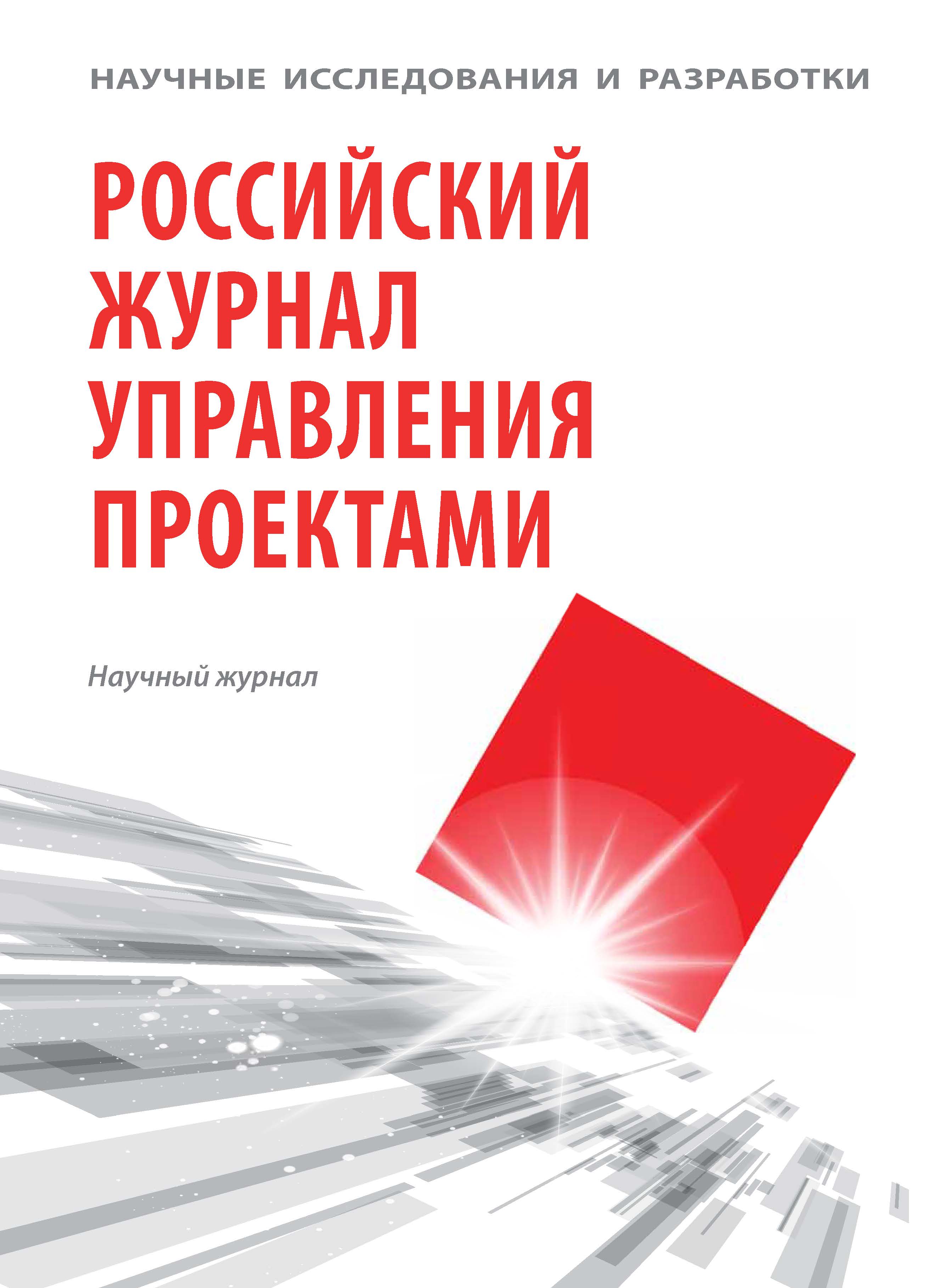Moskva, Moscow, Russian Federation
Double-constrained resources are limited both on entire project, and for every period of its performance. Thus a project schedule formation problem represents a problem related to finding a tripartite compromise between project duration, and also renewable and non-renewable resources. It is one of the most difficult classes of tasks with determined parameters in which already at number of works in the project more than 20 it is possible to find the optimum solution only incidentally. Even heuristic methods are difficult and demand automation of calculations. In this work an algorithm and a set of recommendations will be presented which allow find problem solution’s optional versions practically in the manual mode even for the project with small number of works. The algorithm is adapted for such tasks Goyal method which is in turn based on the CPM-COST method, therefore this algorithm can be used for training of project managers and other experts, and it will promote better understanding of interrelations between the project’s key parameters.
MRCPSP, project schedule, double-constrained resources, Goyal method, CPM-COST.
Введение
Задача нахождения расписания проекта в условиях ограниченных ресурсов возникла практически сразу после разработки первого мастер-плана проекта, предложенного авторами метода критического пути Дж. Келли и М. Уолкером в конце 1950-х гг. Именно тогда возникла идея представления взаимосвязанных работ проекта в виде сетевого графа. Из того, что некоторые работы могут выполняться параллельно, немедленно следовала возможность и даже высокая вероятность ресурсных конфликтов и неизбежное увеличение продолжительности проекта. Можно сказать, что ограниченные ресурсы тогда были и сейчас остаются одним из ключевых факторов задержки большинства проектов. Именно поэтому задачи разработки расписаний с такими ограничениями являются одними из самых популярных вот уже на протяжении более 50 лет существования этой области знаний.
Однако уже первые попытки учесть ограничения по ресурсам привели к их делению на три больших класса: а) ресурсы, ограниченные на весь проект, или невозобновляемые ресурсы (например, бюджет проекта); б) ресурсы, ограниченные в каждом периоде выполнения проекта (например, труд членов проектной команды), или возобновляемые ресурсы; в) смешанные ресурсы, ограниченные как на весь проект, так и в каждом его периоде. В соответствии с этой классификацией разделились модели и методы, имеющие дело с ограниченными ресурсами.
1. Barkalov S.A. Matematicheskie osnovy upravleniya proektami [Mathematical Foundations of Project Management]. Moscow, Vysshaya shkola Publ., 2005. 424 p.
2. Tsar´kov I.N. Issledovanie effektivnosti metodov optimizatsii proekta s ogranichennymi resursami. Chast´ 1 [Investigation of the effectiveness of methods of optimization project with limited resources. Part 1]. Rossiyskiy Zhurnal Upravleniya Proektami [Russian Journal of Project Management]. 2013, V. 2, I. 3, pp. 13-25.
3. Błazewicz J. Scheduling Subject to Resource Constraints: Classification and Complexity. Brussels: European Institute for Advanced Studies in Management, 1980.
4. Boctor F.F. A new and efficient heuristic for scheduling projects with resource restrictions and multiple execution modes. Eur. J. Oper. Res. 1996. V. 90. № 2. P. 349-361.
5. Boctor F.F. Heuristics for scheduling projects with resource restrictions and several resource-duration modes. Int. J. Prod. Res. 1993. V. 31. № 11. P. 2547-2558.
6. Crowston W., Thompson G.L. Decision CPM: A method for simultaneous planning, scheduling, and control of projects. Pittsburgh, Pennsylvania, 1965.
7. Elmaghraby S.E. Activity networks: project planning and control by network models. New York: Wiley, 1977.
8. Goyal S.K. A Simple Time-Cost Tradeoff Algorithm. Prod. Plan. Amp Control. 1996. V. 7. № 1. P. 104-106.
9. Gruenewald J., Drexl A. Nonpreemptive multi-mode resourceconstraines project scheduling. IIE Trans. 1993. V. 25. № 5. P. 1993.
10. Hartmann S. Project Scheduling with Multiple Modes: A Genetic Algorithm. Ann. Oper. Res. 2001. T. 102. № 1-4. P. 111-135.
11. Lova A., Tormos P., Barber F. Multi-mode resource constrained project scheduling: Scheduling schemes, priority rules and mode selection rules. Intel. Artif. 2006. V. 30. № 10. P. 69-86.
12. Pritsker A.A.B., Watters L.J. A zero-one programming approach to scheduling with limited resources. Santa Monica, Calif.: Rand Corp., RM-5561-PR, 1968.
13. Sprecher A., Drexl A., Hartmann S. Project scheduling with discrete time-resource and resource-resource tradeoffs. Kiel: Inst. für Betriebswirtschaftslehre der Univ. Kiel, 1994.
14. Talbot F.B. Resource-Constrained Project Scheduling with Time-Resource Tradeoffs: The Nonpreemptive Case. Manag. Sci. 1982. V. 28. № 10. P. 1197-1210.
15. Weglarz J. Project Scheduling with Discrete and Continuous Resources. IEEE Trans Syst Man Cybern IEEE Trans. Syst. Man Cybern. 1979. V. 9. № 10. P. 644-650.
16. Weglarz J. at al. Project scheduling with finite or infinite number of activity processing modes - A survey. Eur. J. Oper. Res. 2011. V. 208. № 3. P. 177-205.





